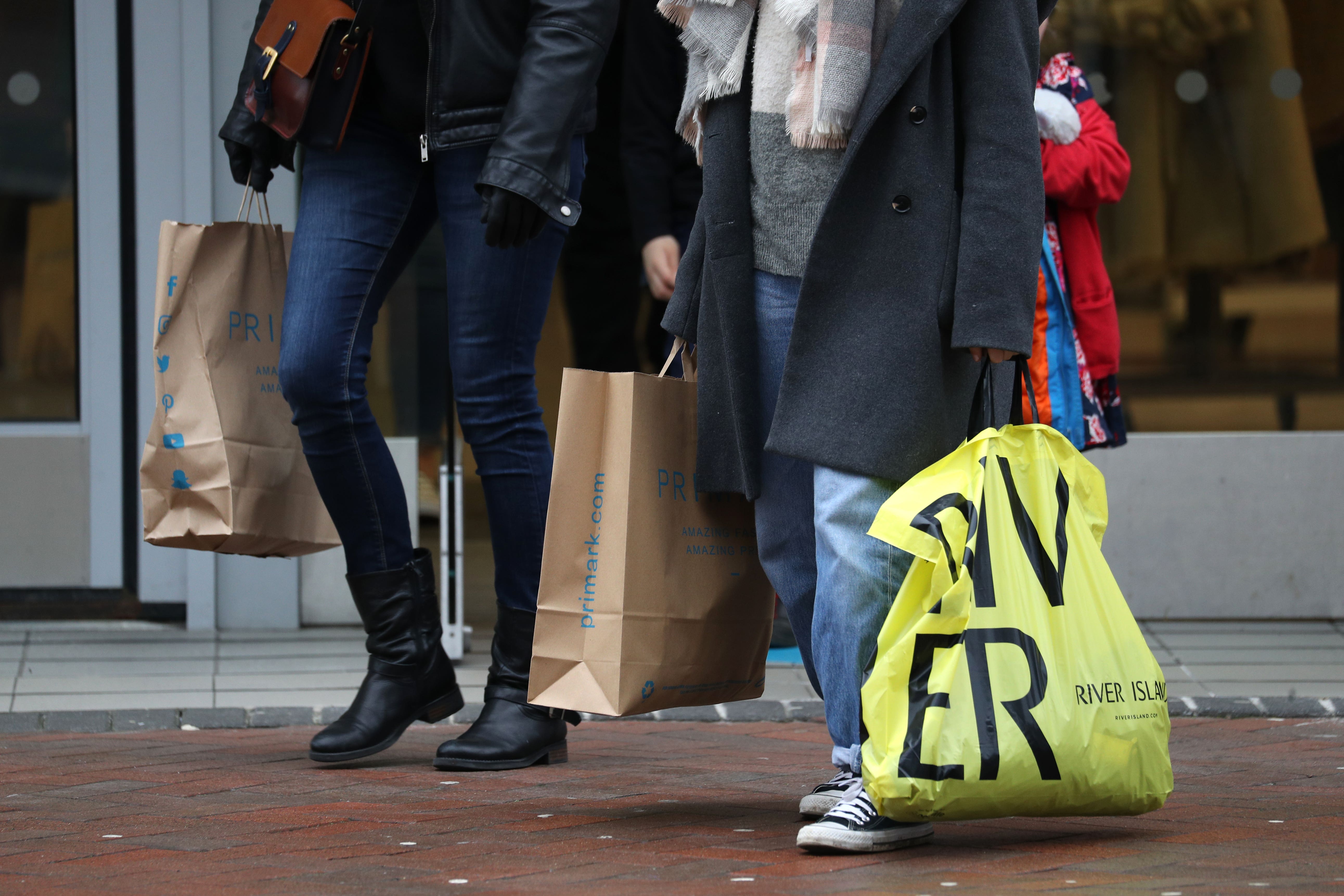Recession fears mount as private sector to shrink for fourth consecutive month
The PMI survey shows the UK private sector contracted for each of the last four months.

Your support helps us to tell the story
From reproductive rights to climate change to Big Tech, The Independent is on the ground when the story is developing. Whether it's investigating the financials of Elon Musk's pro-Trump PAC or producing our latest documentary, 'The A Word', which shines a light on the American women fighting for reproductive rights, we know how important it is to parse out the facts from the messaging.
At such a critical moment in US history, we need reporters on the ground. Your donation allows us to keep sending journalists to speak to both sides of the story.
The Independent is trusted by Americans across the entire political spectrum. And unlike many other quality news outlets, we choose not to lock Americans out of our reporting and analysis with paywalls. We believe quality journalism should be available to everyone, paid for by those who can afford it.
Your support makes all the difference.Evidence of a UK recession is mounting as an influential survey showed the private sector economy is set to shrink again this month, although at a slightly slower pace than before.
The preliminary data from the so-called flash purchasing managers index survey indicates the country is in the middle of the steepest economic decline in nearly 14 years, experts said.
The survey, compiled by S&P Global and Chartered Institute of Procurement & Supply (CIPS), showed a reading of 48.3 in November.
It is slightly better than the 21-month low seen in October, 48.2, but still shows the economy is declining.
Anything below 50 is considered a contraction, and this is the fourth month in a row the score has come below that level.
Chris Williamson, chief business economist at S&P, said: “A further steep fall in business activity in November adds to growing signs that the UK is in recession, with GDP likely to fall for a second consecutive quarter in the closing months of 2022.
The Covid veil, now almost completely lifted, has revealed the challenges still faced by exporters struggling with customs and paperwork challenges and other Brexit constraints putting off overseas customers
“If pandemic lockdown months are excluded, the PMI for the fourth quarter so far is signalling the steepest economic contraction since the height of the global financial crisis in the first quarter of 2009, consistent with the economy contracting at a quarterly rate of 0.4%.”
But worse is yet to come, Mr Williamson warned, with the downturn likely deepening in the new year. The number of new orders that businesses received during the month fell to a nearly two-year low.
This was driven in part by a reduction in new business from abroad, which dented November’s order books, especially for the manufacturing sector.
Companies said Brexit and a weak global economy was weighing on their exports, as the orders that manufacturers shipped to foreign customers dropped by the most since May 2020.
For service providers the problems were slightly offset as the falling value of the pound against the dollar boosted orders from the United States.
CIPS chief economist John Glen said: “The survey pointed to some deeply concerning developments such as the quickest fall in new orders since January 2021 and the fastest decline in manufacturing export orders since 2009 outside the pandemic years.
“The Covid veil, now almost completely lifted, has revealed the challenges still faced by exporters struggling with customs and paperwork challenges and other Brexit constraints putting off overseas customers.”